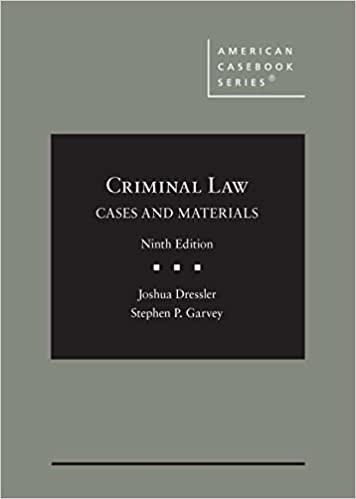Question
In the case of IN RE ALLCAT CLAIMS SERVICE, L.P. AND JOHN WEAKLY, RELATORS, decided by the Texas Supreme Court, the attorneys for Allcat Claims
In the case ofIN RE ALLCAT CLAIMS SERVICE, L.P. AND JOHN WEAKLY, RELATORS,decided by the Texas Supreme Court, the attorneys for Allcat Claims Service, L.P. made a number of legal arguments to support their case.One of these arguments was:
a.The Texas Income Tax violated the Texas Constitution.
b.The Texas Sales Tax violated the Bullock Amendment.
c.None of the other choices are correct.
d.The Texas Franchise Tax violated the Bullock Amendment.
e.The Texas Franchise Tax violated the United States Constitution.
In the case ofIN RE ALLCAT CLAIMS SERVICE, L.P. AND JOHN WEAKLY, RELATORS,decided by the Texas Supreme Court, the court made a number of legal conclusions.One of these conclusions was:
a.The Texas Sales Tax does not result in taxation of individual partners of a limited partnership because Texas state law is based on the entity concept.
b.None of the other choices are correct.
c.The Texas Income Tax does not result in taxation of individual partners of a limited partnership because Texas state law is based on the aggregate concept.
d.The Texas Franchise Tax does result in taxation of individual partners of a limited partnership because Texas state law is based on the aggregate concept.
e.The Texas Franchise Tax does not result in taxation of individual partners of a limited partnership because Texas state law is based on the entity concept.
In the case ofIN RE ALLCAT CLAIMS SERVICE, L.P. AND JOHN WEAKLY, RELATORS,decided by the Texas Supreme Court, the court made a number of legal conclusions.One of these conclusions was:
a.Texas state law is based on the aggregate concept of partnerships, but Texas state law views limited partnerships like Allcat Claims Service L.P. under the entity concept.
b.None of the other choices are correct
c.Texas state law is based on the aggregate concept of partnerships, whereas the federal income tax law is based on the entity concept of partnerships.
d.Texas state law is based on the entity concept of partnerships, whereas the federal income tax law is based on the aggregate concept of partnerships.
e.Texas state law is based on the entity concept of partnerships, but Texas state law views limited partnerships like Allcat Claims Service L.P. under the aggregate concept.
Step by Step Solution
There are 3 Steps involved in it
Step: 1

Get Instant Access to Expert-Tailored Solutions
See step-by-step solutions with expert insights and AI powered tools for academic success
Step: 2

Step: 3

Ace Your Homework with AI
Get the answers you need in no time with our AI-driven, step-by-step assistance
Get Started


